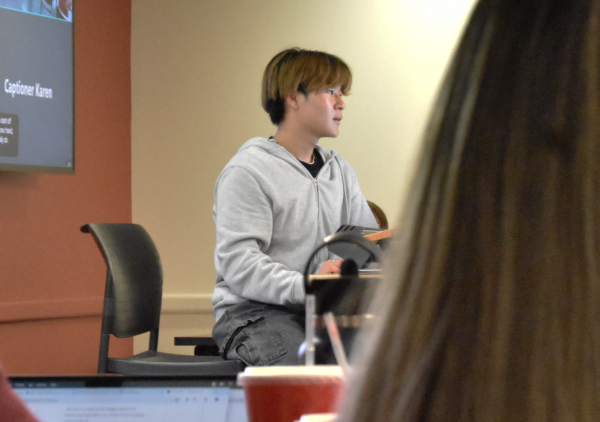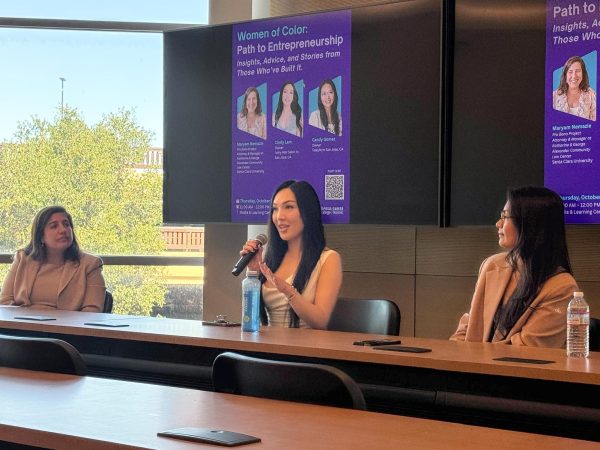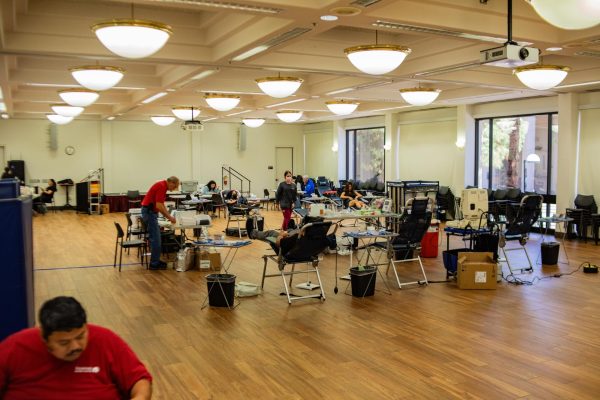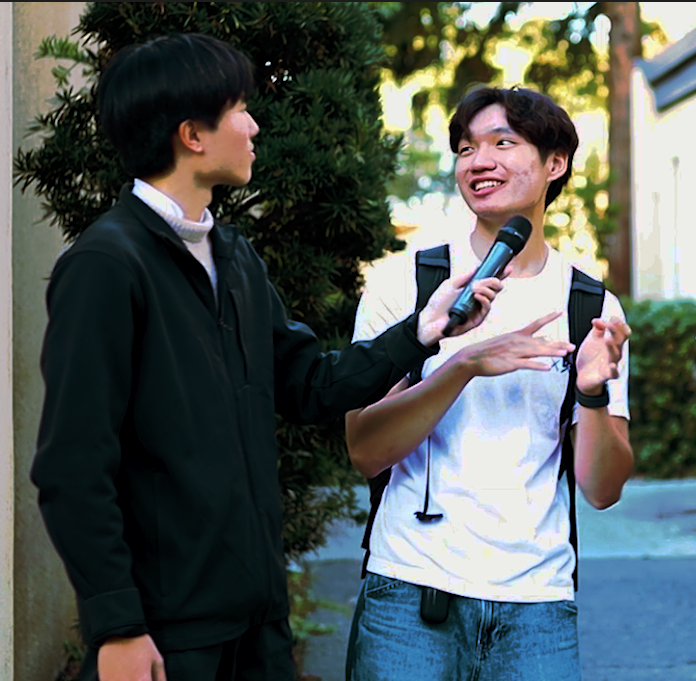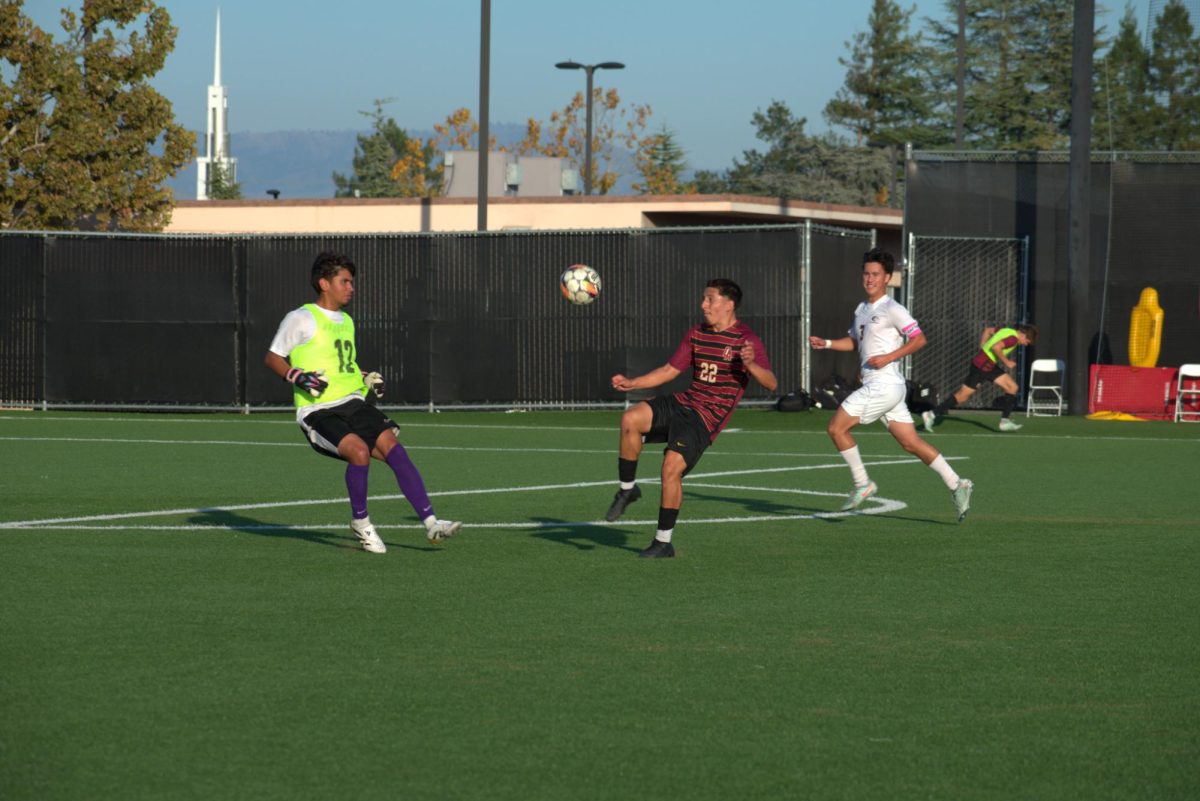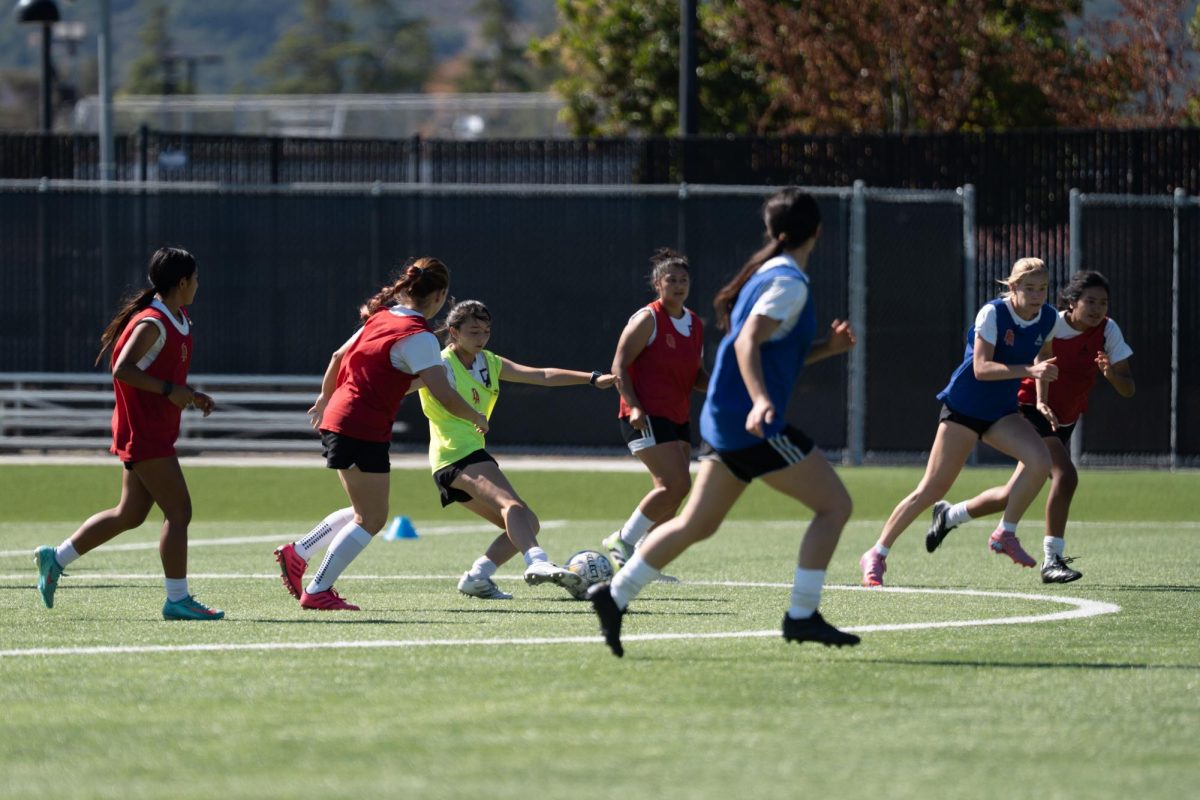Sharing on Facebook not real activism
November 12, 2014
Social media has become the primary way of spreading information about important issues. We have become so dependent on our virtual life that we have become blind to how to aid real life situations.
People are constantly connected to others using Twitter, Facebook, and Instagram. This is why it has become a good resource when raising awareness about world-wide topics. We can have a picture of a pink ribbon in support of breast cancer awareness next to a picture of what we had for lunch that day. It has become our new reality.
Often we find ourselves liking a certain link or a video on our friend’s Facebook or Instagram to show we care about the issue. Facebook pages are experts at convincing people to do this sort of thing.
“Like this if you love God,” “1000 likes and I’ll stop smoking,” “1 like = one prayer.”
The problem is not social media putting these things out there, the problem is people think doing these things makes them activists and they are making a difference.
Do people really think that liking a picture of a baby connected to a respiratory machine will help him or her survive? Or that not sharing a picture of Jesus means they’re atheists?
How about posting a status that has nothing to do with the cause to catch people’s attention?
Have you ever seen a series of status updates from friends on Facebook that seem strange? Well it’s often a Facebook game for breast cancer awareness.
If you like a certain breast cancer awareness page, you will quickly receive a message that tells you to choose a certain status from a list of ridiculous sayings such as, “I have diarrhea” or “I have been cheated on.” Things that have absolutely nothing to do with breast cancer, but are somehow supposed to bring awareness to the cause.
The most recent trend, the ALS ice bucket challenge, was in support of Lou Gehrig’s Disease. People challenged each other to pour buckets of ice water on their heads. If you failed to do so in less than 24 hours, you had to donate to the cause.
So let me get this straight, if I do the challenge, I opt out of having to donate money to charity? How in the world does this help people with ALS?
Sure enough, thousands of people threw buckets of ice water on their heads, contributing to the drought, but they theoretically got to keep money in their pockets by completing the challenge and not having to donate to the cause.
Posting a video saying “I accept the ALS ice bucket challenge, I nominate…” does not make you an activist unless you actually donate.
The problem does not lie in the fact that social media is used to get these issues out there. On the contrary, that is the best way to get people informed.
However, it is the public’s responsibility to know the difference between following a trend, and actually helping others and being a real activist.











